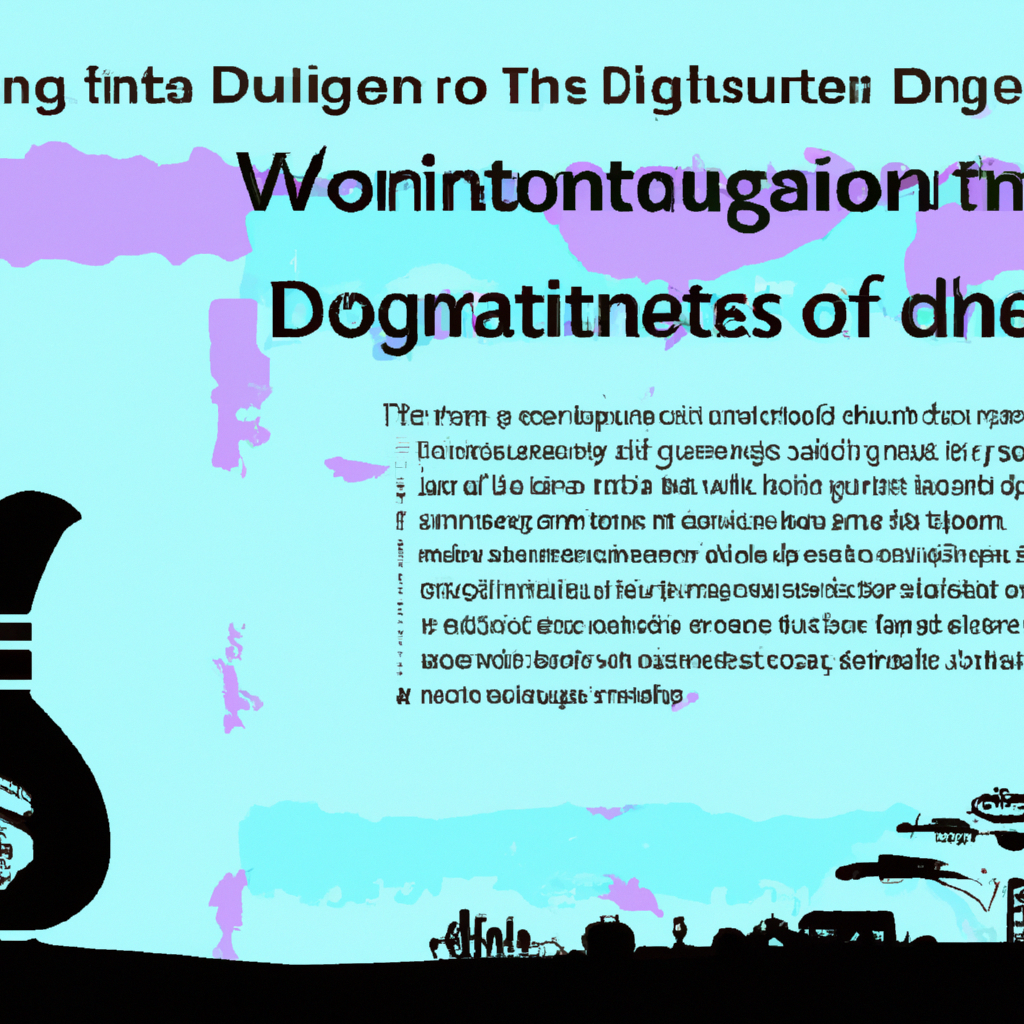Property taxes are a significant aspect of homeownership that everyone needs to manage, particularly in Cape Breton. Whether you are planning to buy a home, already own one, or are just curious about how property taxes work in this picturesque region of Nova Scotia, this guide will provide you with essential insights and help you navigate the complexities of property taxation.
What are Property Taxes?
Property taxes are local taxes that homeowners are required to pay annually on the value of their real property. These taxes are crucial for funding community services such as schools, libraries, road maintenance, and emergency services. In Cape Breton, the property tax you pay is determined by the assessed value of your property and the property tax rate set by the municipal government.
How Property Taxes are Calculated in Cape Breton
In Cape Breton, property taxes are calculated based on the assessed value of your property. This assessment is conducted by Property Valuation Services Corporation (PVSC), a not-for-profit organization responsible for all property assessments in Nova Scotia. The assessed value aims to reflect the market value of the property as of a specific base date.
Once the assessment is done, the property tax rate, often referred to as the “mill rate,” is applied. This rate varies depending on the municipality and the required revenue to cover community services. The formula used is quite straightforward:
Property Tax = Property Assessment Value x Mill Rate
For instance, if your home is assessed at CAD 200,000 and the mill rate is 0.015 (1.5%), your annual property tax would be CAD 3,000.
Understanding Your Property Tax Bill
Your property tax bill in Cape Breton typically contains several components, including the base tax calculated from the assessed value and mill rate, along with charges for other municipal services that may include water and waste management. It’s important to review your tax bill thoroughly to understand each charge and ensure there are no discrepancies.
Appealing Your Property Assessment
If you believe that your property’s assessed value is not reflective of its actual market value, or if there is an error in your assessment, you have the right to appeal. In Nova Scotia, you must file your appeal within 31 days after the assessment notice was sent. The appeal process can be initiated by contacting the PVSC, where you will be guided on the steps required to review your assessment.
Tips for Managing Your Property Taxes in Cape Breton
- Understand the timelines: Property tax bills are generally issued in early spring each year, and it is crucial to pay attention to the due dates to avoid late penalties.
- Check for tax relief programs: Cape Breton offers several tax relief programs for eligible property owners, such as seniors, low-income homeowners, and non-profit organizations. These programs can provide significant savings, so it’s worth investigating whether you qualify.
- Budget accordingly: Property taxes are a recurring annual expense. Setting aside funds each month towards this can prevent financial strain when the bill arrives.
Conclusion
Navigating property taxes in Cape Breton doesn’t have to be a daunting task. By understanding how your property taxes are calculated, what your bill includes, and how to manage your payments effectively, you can handle this responsibility with confidence. Remember, property taxes are pivotal in supporting the local services that make Cape Breton a wonderful place to live.
Being well-informed helps ensure that you are paying the right amount and taking advantage of any available tax relief programs. If you are ever in doubt, don’t hesitate to contact your local municipality or a property tax consultant who can provide you with guidance tailored to your specific situation.
With this knowledge, you can feel more secure in your role as a property owner in Cape Breton.


